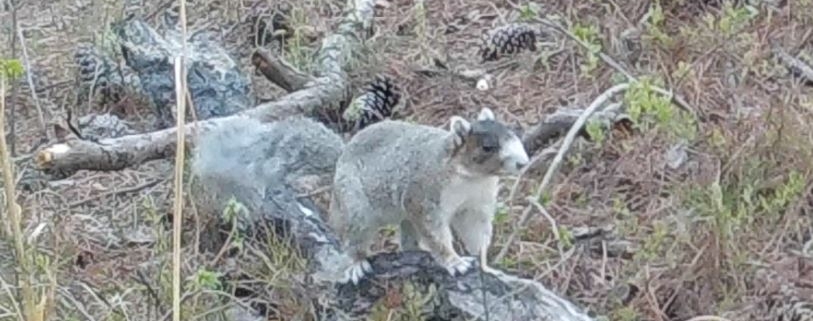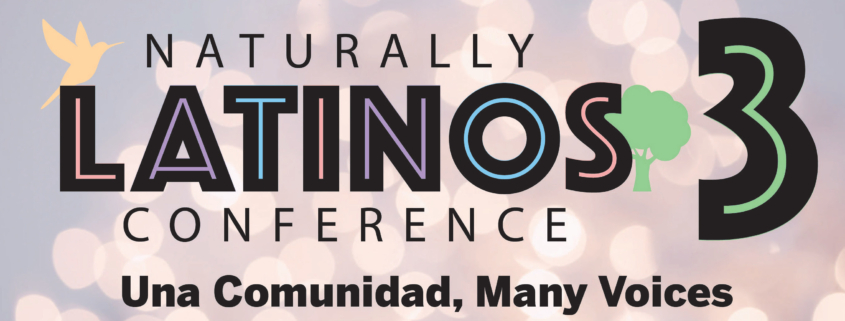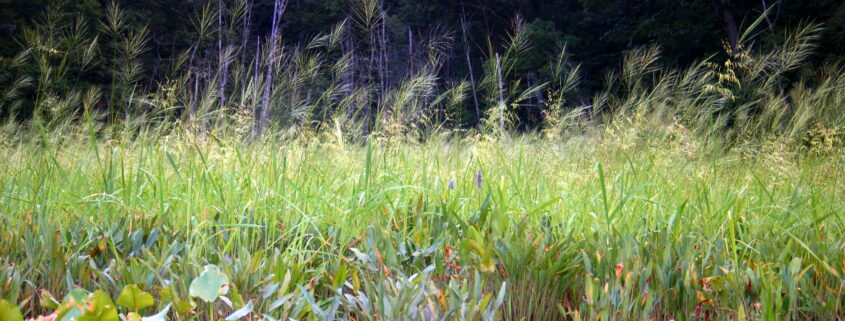Virtual Green Breakfast: Purple Martin Initiative, webinar November 14th
Photo from Purple Martin Initiative
Saturday, November 14, 2020
9-10:30 am
Grab the breakfast of your choice and pull up your comfy chair to your computer to hear from Michael Bishop, who founded the Initiative in the mid-2010s to build awareness of these feather friends. Since then, he has worked to promote the beauty and benefits of these important birds and helped many “landlords” throughout the region to establish nesting locations. The Fairfax County Park Authority is recognizing his efforts at Twin Lakes Golf Course in Clifton, along with those of the Bluebird and Honeybees Societies with an Elly Doyle award on November 20. More Meeting Details.






